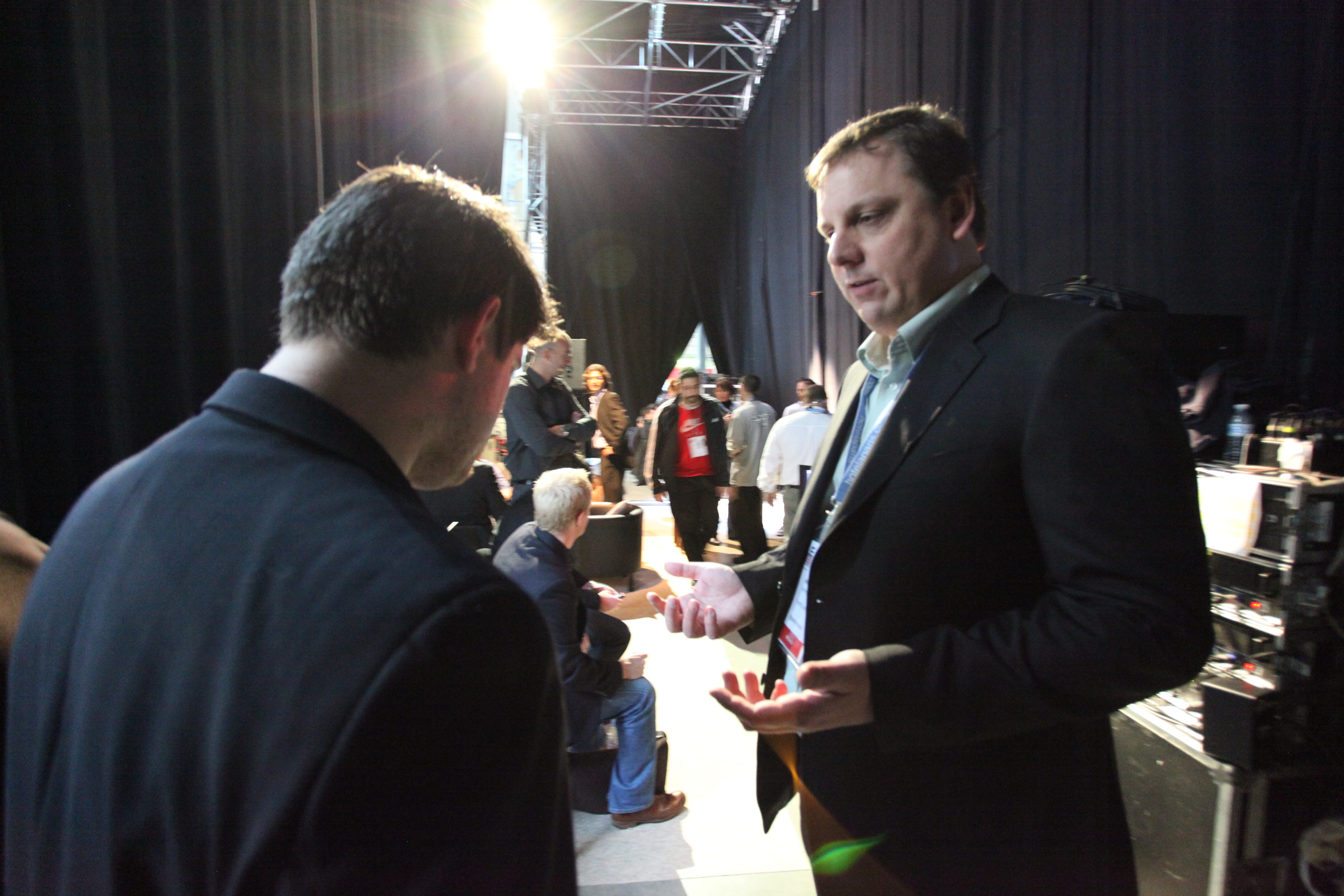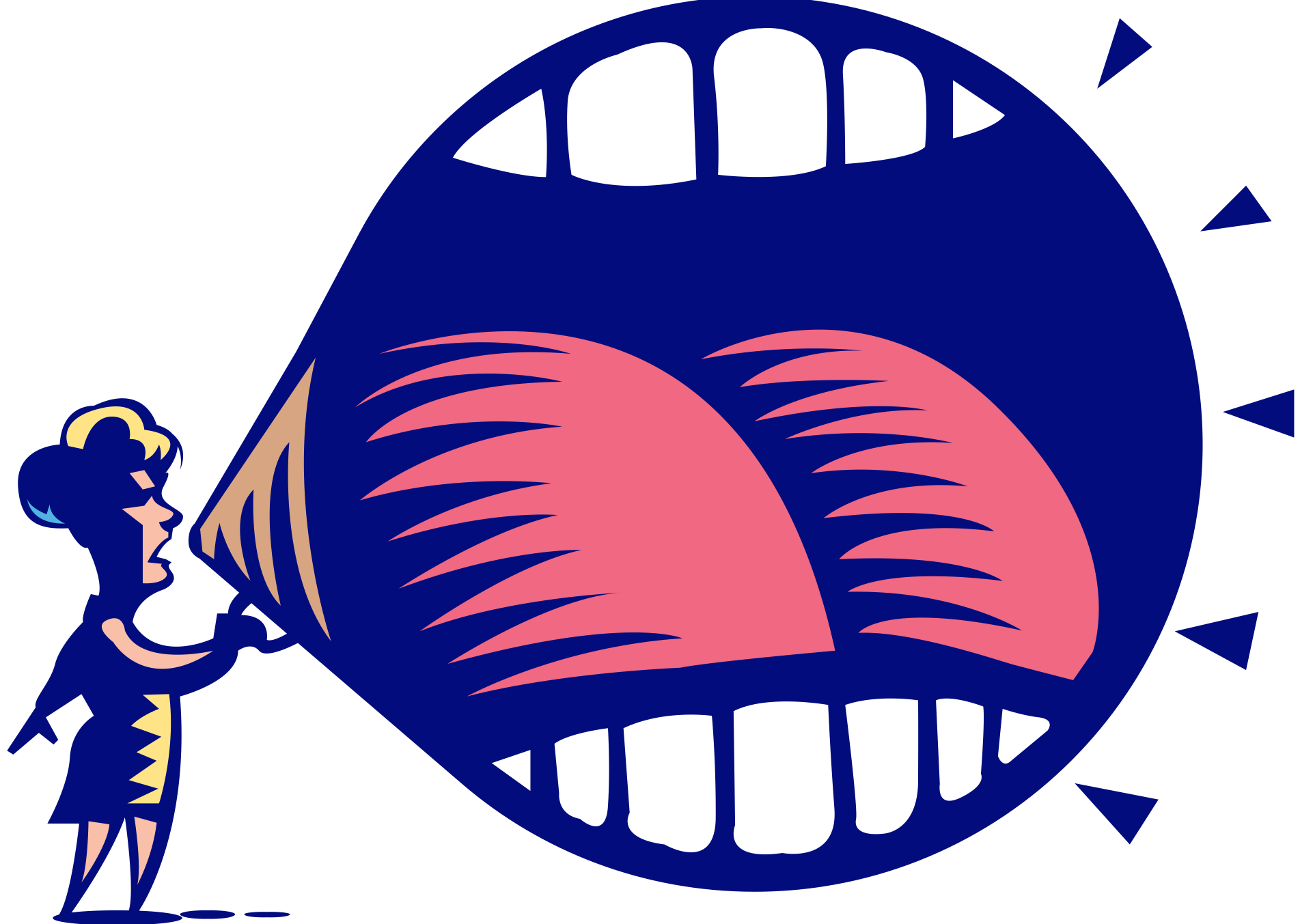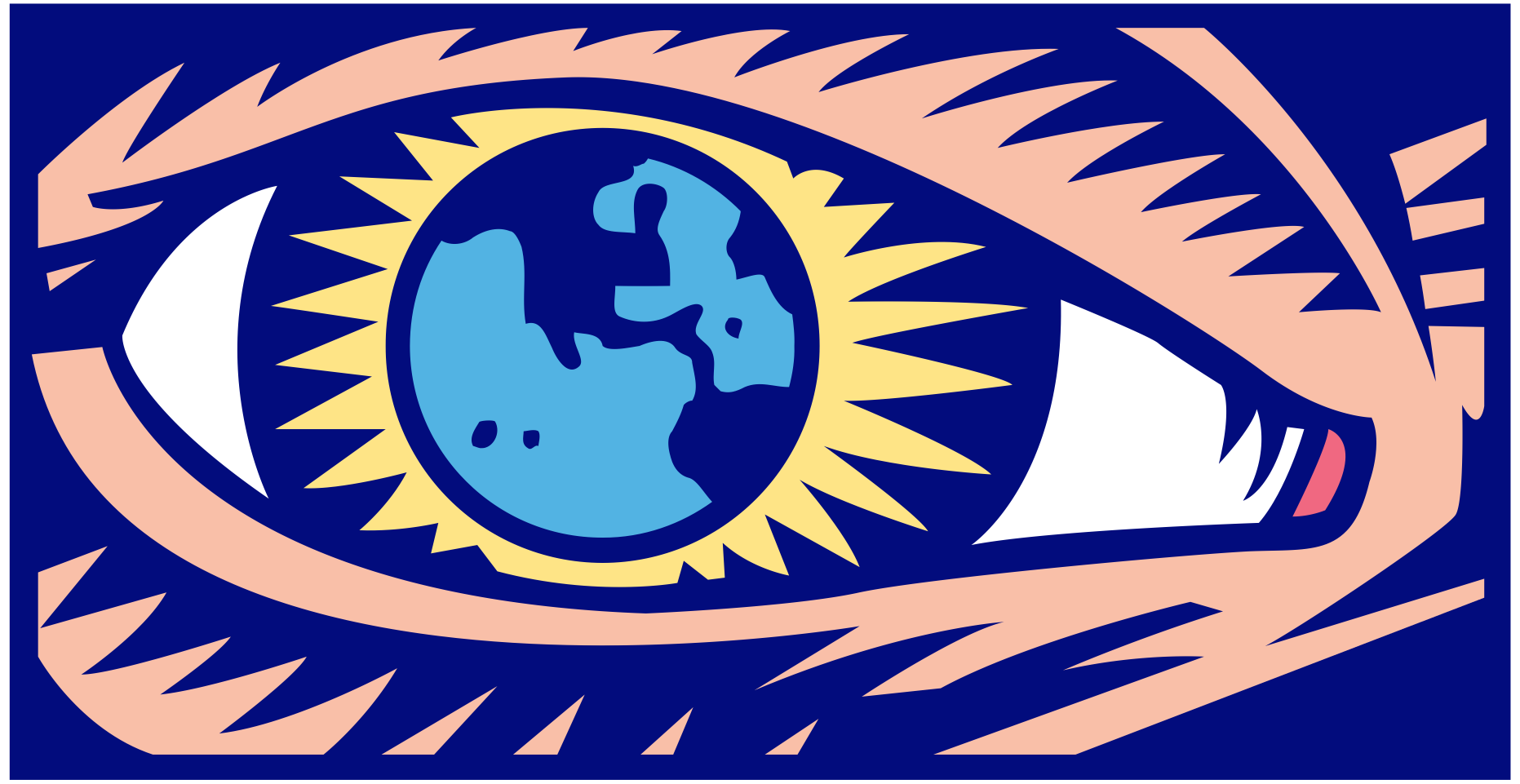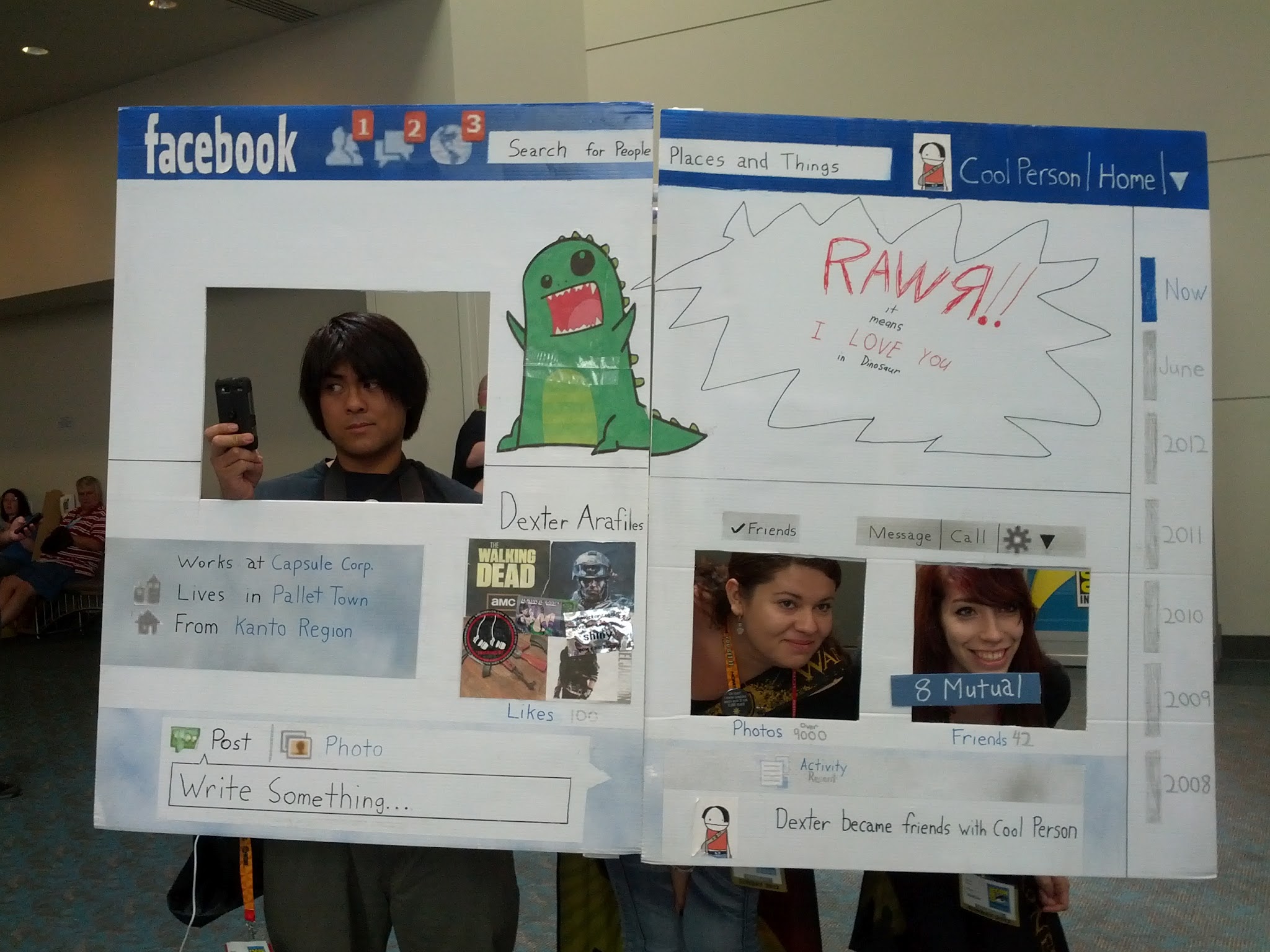A month ago, April, 27, 2011, Michael Arrington posted “An Update To My Investment Policy”, which not surprisingly generated negative reaction from established journalists. I wanted to respond right away, but I’ve been too busy at Betanews, where new editorial responsibilities add to writing.
The issue is a long-standing one of debate regarding TechCrunch’s founder—that he invests in, or has other business dealings with, some of the companies he writes about.










